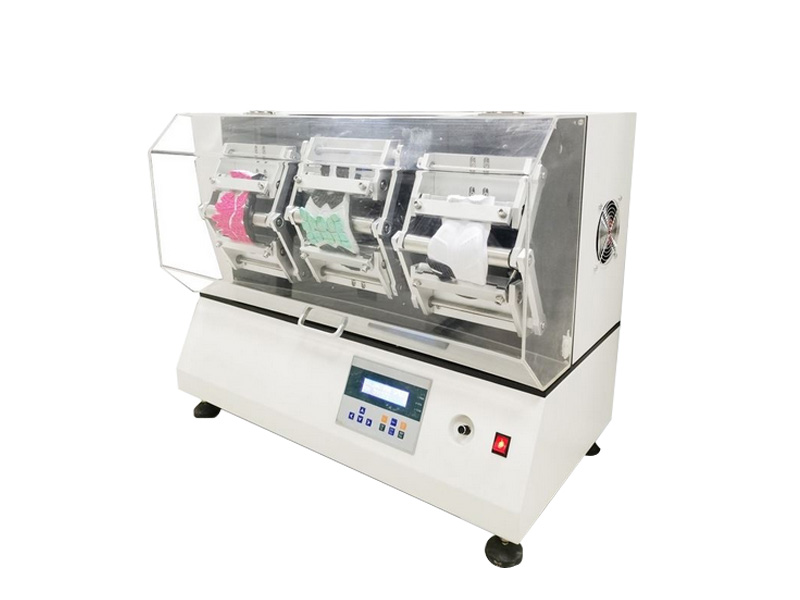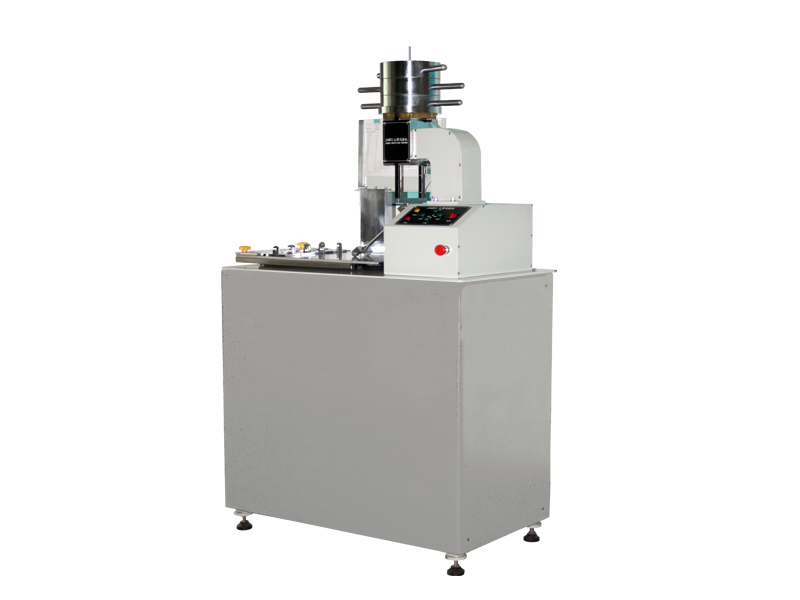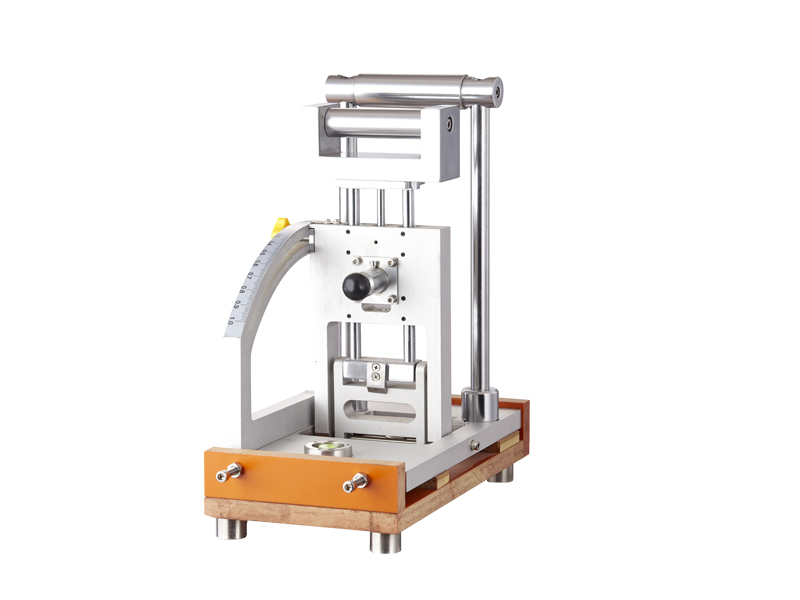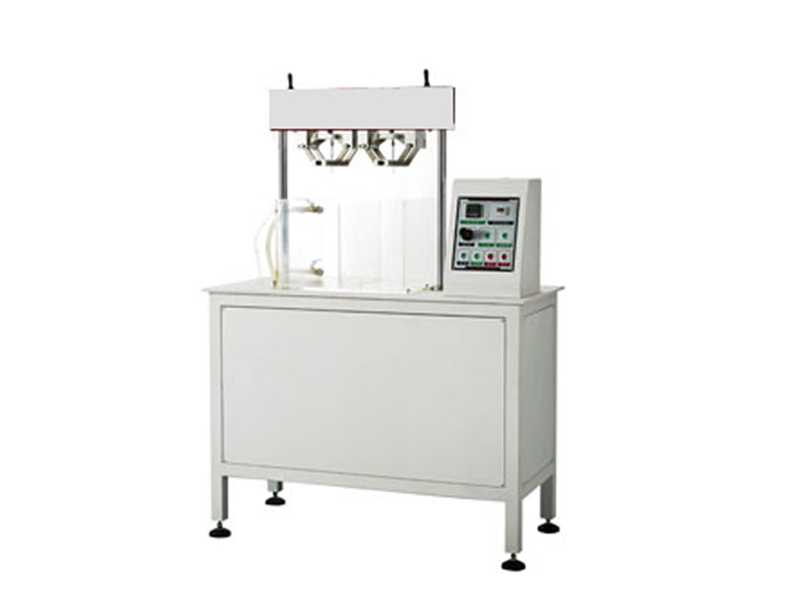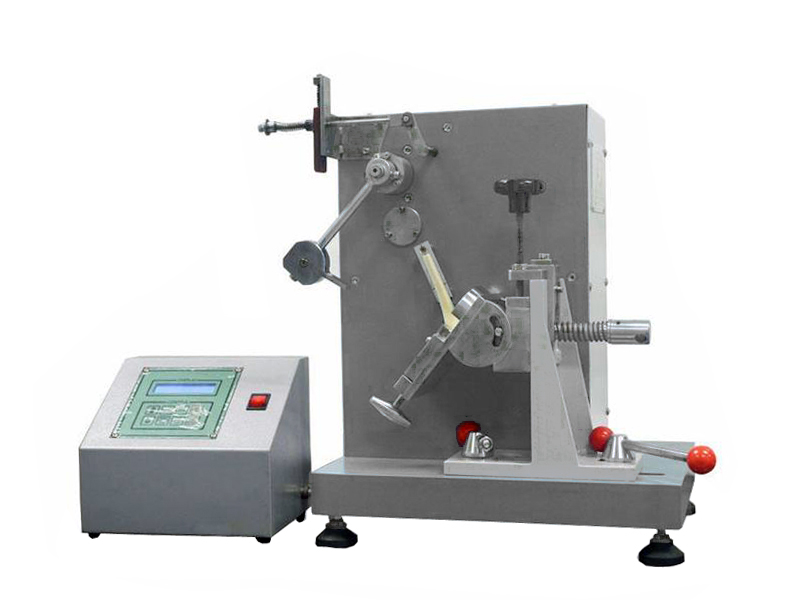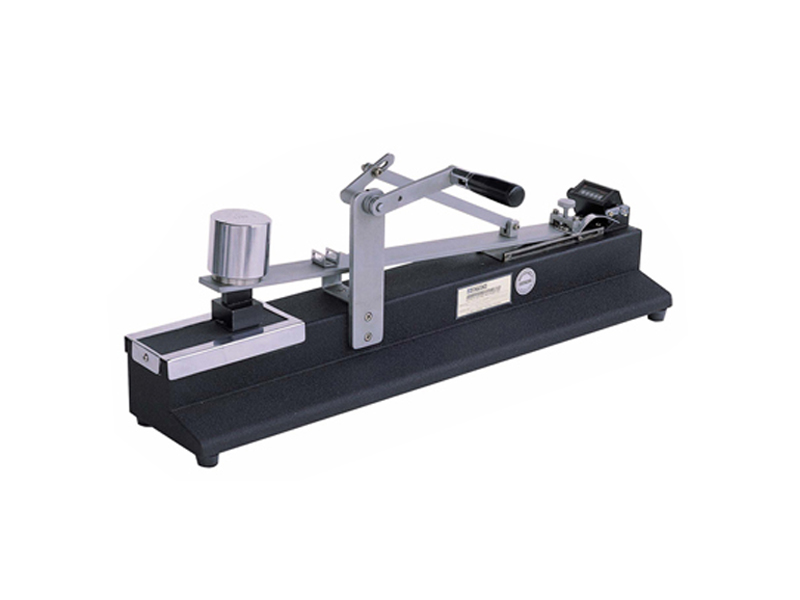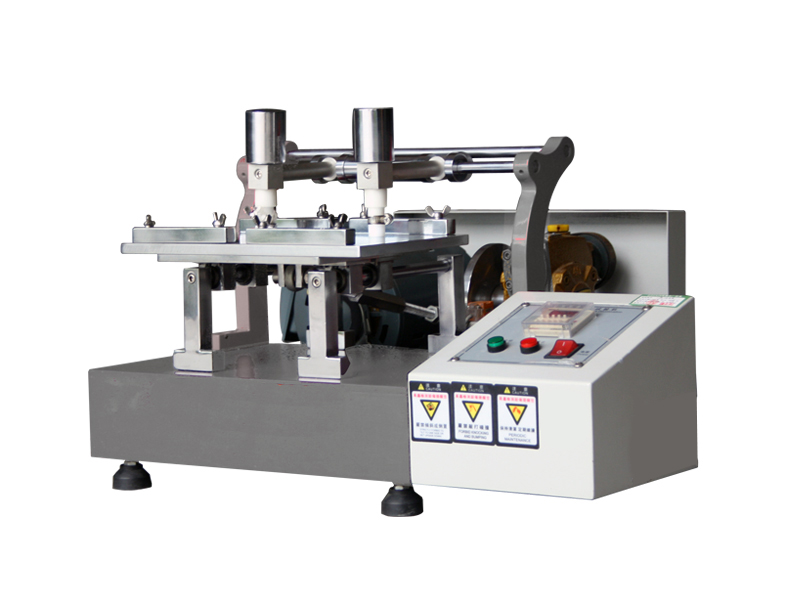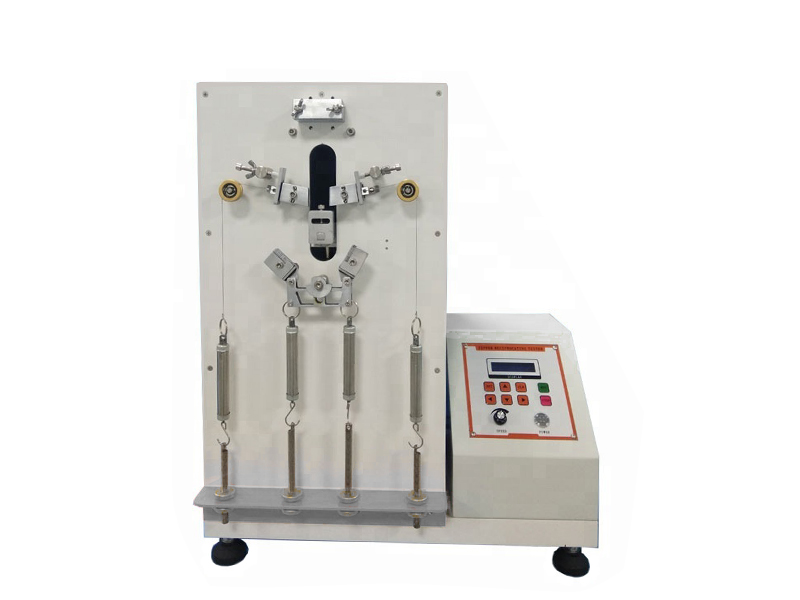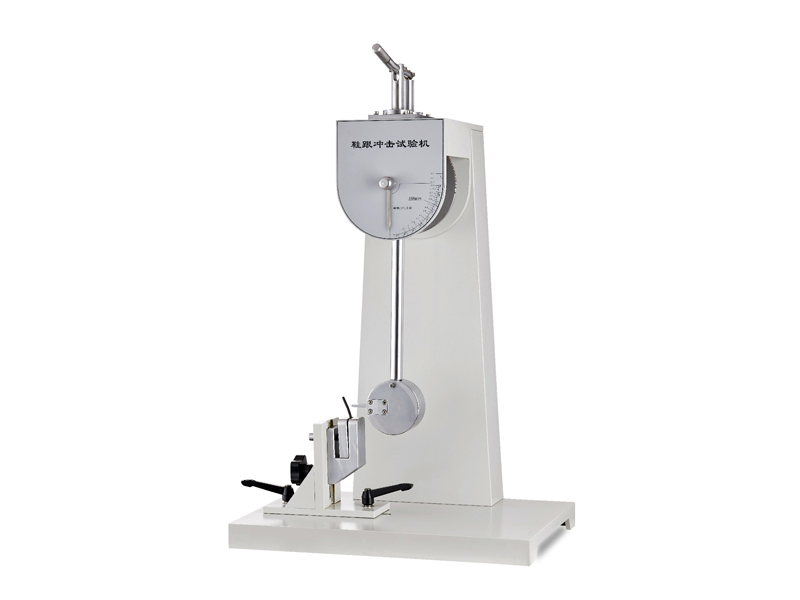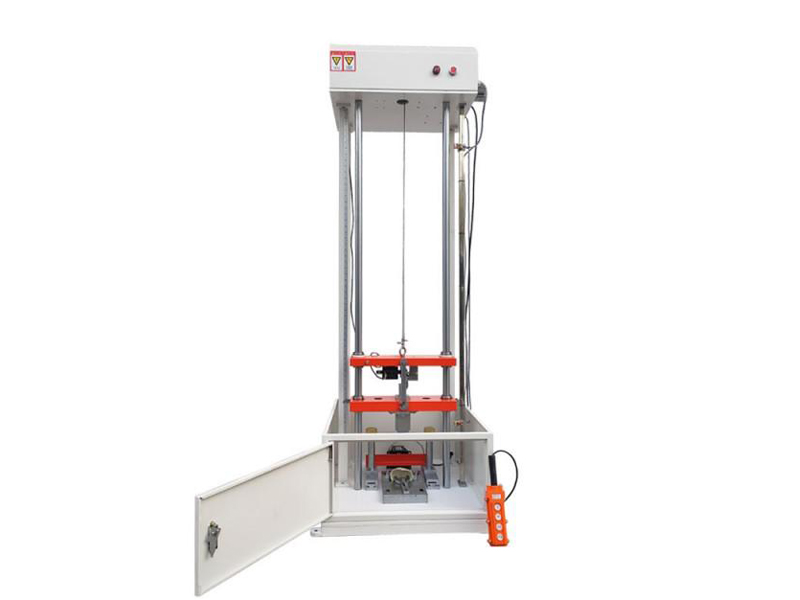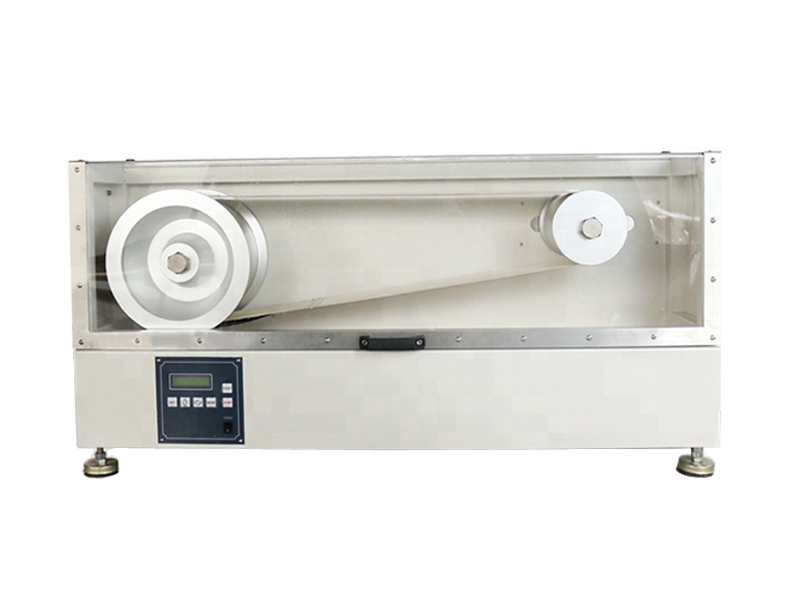Outsole Flex Resistance Tester China Manufacturer
Bennewart Flex Tester is intended to determine the flex resistance of outsoles of various ordinary shoes or safety shoes, so It is also called the outsole flex resistance tester as one of the commonly used shoe testing machines.
Test Principle
An outsole sample is mounted in the clamps of the flexing machine with the flexing line positioned over the centre of the flexing roller. The operator adjusts the device to ensure that the test piece is at maximum flex position and always aligned with the axis of the mandrel, then pierces the test piece at a specified position with a cutting tool. After switching on the machine to bend the test piece at a constant rate between 135 cycles per min and 150 cycles per min through an angle of(90 ± 20)° about the axis of the mandrel for the given number of flexes, the cut growth or initiation of cracks in the outsole may occur. The length of the cut is measured with a measuring device and compared with the length before flex to determine the flex resistance of the sample outsole.
Because this flex resistance method is only applicable to the outsoles having an upper limit of 30 N longitudinal rigidity, a machine for the measurement of the longitudinal rigidity of outsoles, named Outsole Bending Stiffness Tester, is indispensable to help in completing the outsole flex resistance test.
INQUIRE
Test Standards
ISO 17707, ISO20344-8.4.2, ISO20347-5.8.4, SATRA TM161, AS/NZS 2210.2-8.4.2, etc.
Key Technical Parameters
| Model | AT-F3003A |
| Test Stations | 3 pcs |
| Bending Angle | 90° |
| Mandrel Diameter | ¢30 mm |
| Bending Speed | 125 ~ 150 cycles / min (adjustable) |
| Clamp Spacing | 110 mm |
| Moving Fixture Stroke | 41.5 mm |
| Grip Width | 144 mm |
| Counter | LCD display, 0~999,999 |
| Dimension | 100 × 53 × 30 cm |
| Power | 1 phase, AC 220 V, 3 A |
| Accessories | EN standard cutting tool 1 pc & Allen wrench 1 pc |
Critical Components of a Bennewart Flex Tester
- Mandrels: (30 ± 0.1) mm in diameter, the test sample is flexed around it during the test.
- Clamps: Used to fix the outsoles at two ends allowing the flexing line on the outsole to be aligned with the axis of the mandrel.
- Motor and transmission: Used to drive the test samples to bend at the specified frequency and the given angle.
- Counter: Used to count the number of flexing cycles.
Outsole flex Testing Machine Features
- The clamps are made of stainless steel to ensure absolute rigidity.
- The conventional style contains three working stations, and the other number of stations is optional.
- Superior motor and transmission are used to provide users with a reliable running state.
- Configured with an LCD to indicate the number of flexes in real time.
- Fitted with a simple control panel for the operator to preset the flex frequency and flex number.
- Equipped with an acrylic cover to separate the test pieces from the exterior environment to protect people around the machine during the test.
Send an Inquiry
Please feel free to contact us for more details on the product, price, lead time, payment terms, shipment methods, etc. Amadetech sales specialists will respond within one working day.


